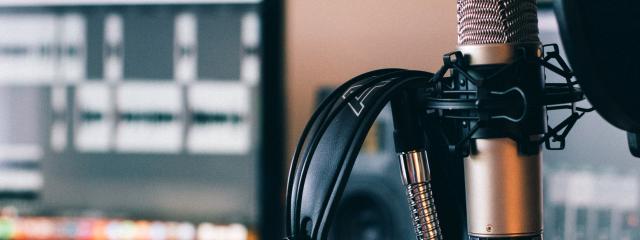Episode 3 : Payments for the Generations with Shannon Lee Simmons, Ceri Marsh & David Cravit
This third episode explores how innovations in modernization will make a difference for Canadians across generations. Justin is joined by Shannon Lee Simmons, millennial personal finance expert, author and financial planner; Generation X freelance journalist and author Ceri Marsh, and Baby Boomer David Cravit, Vice President, ZoomerMedia Ltd. Our research indicates Canadians want more choice for payment options that are safe, secure, efficient and reliable – but each generation is adopting these methods at a different pace. This panel examines those cross-generational variations, challenges faced due to a lack of options, as well as some surprising common traits.
Where to Listen:



